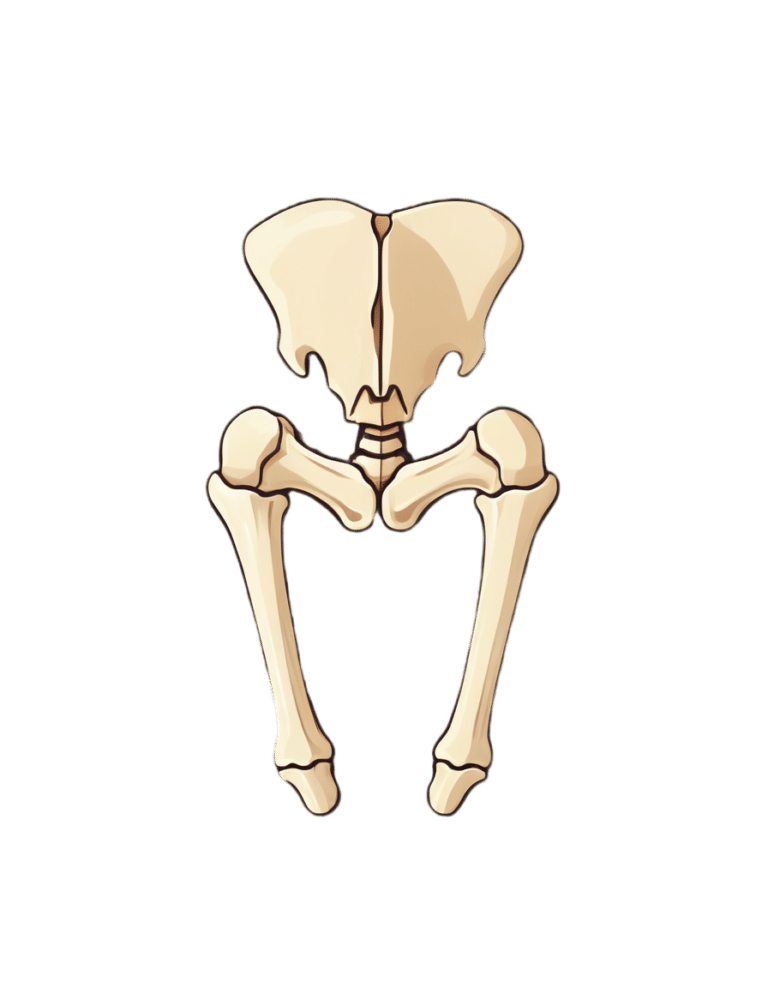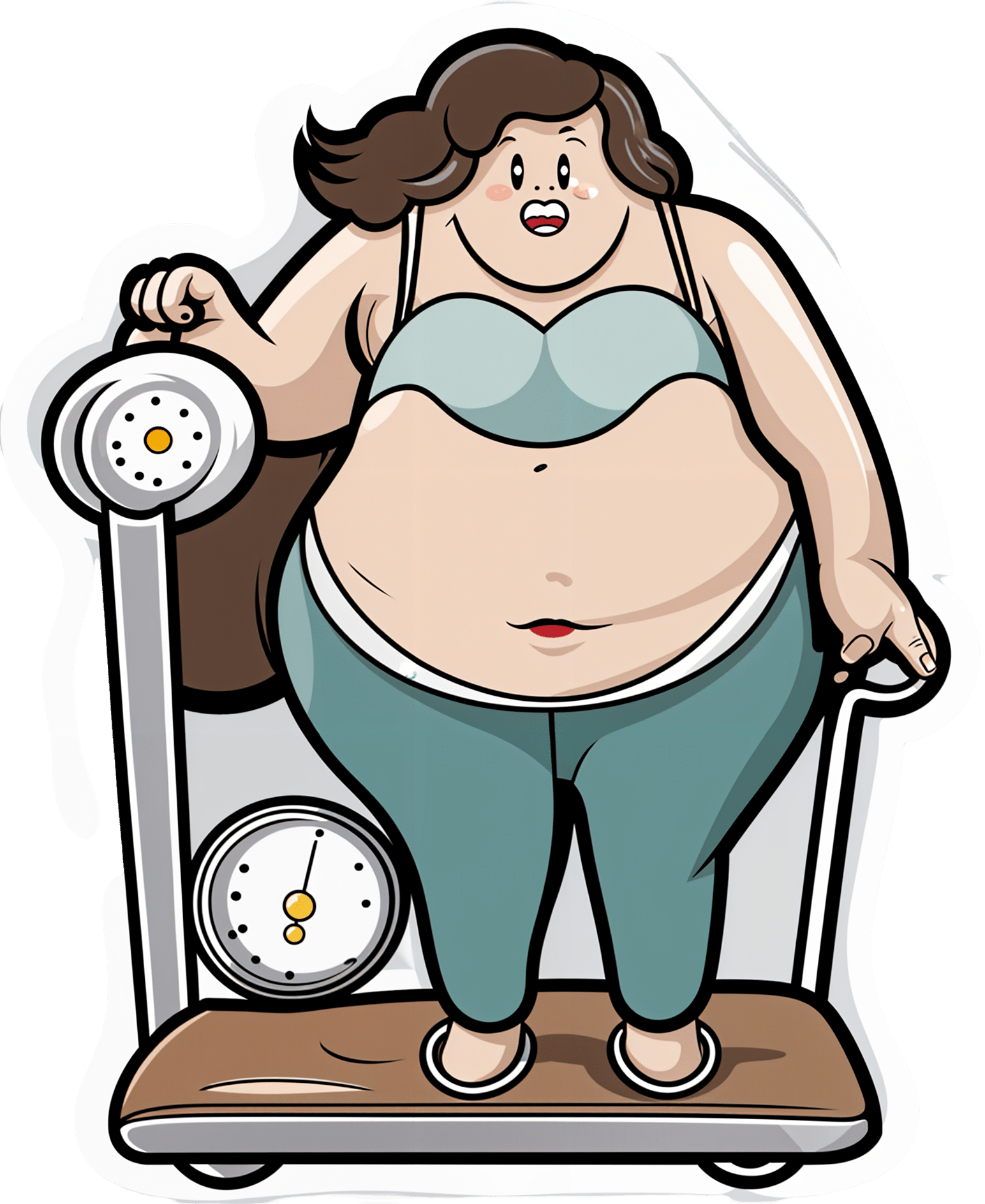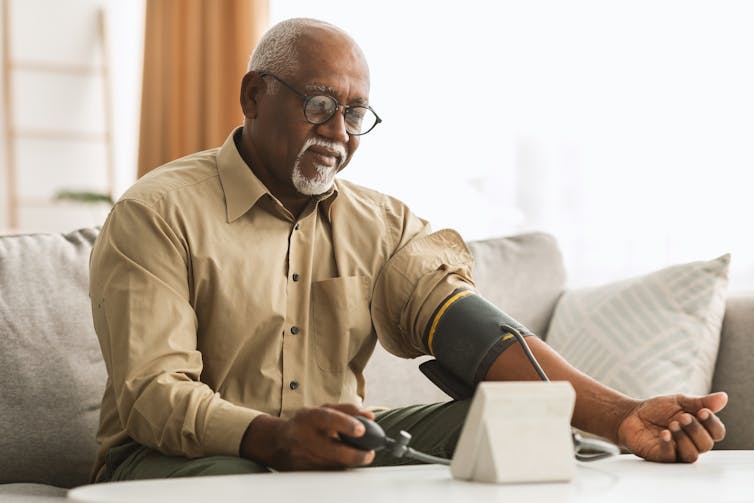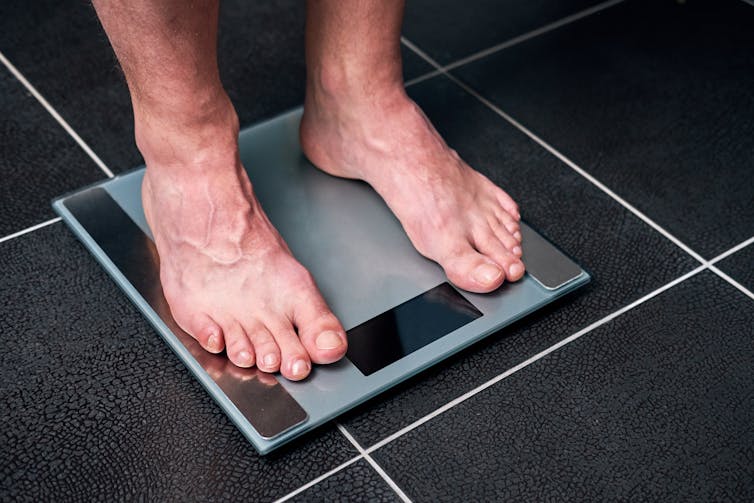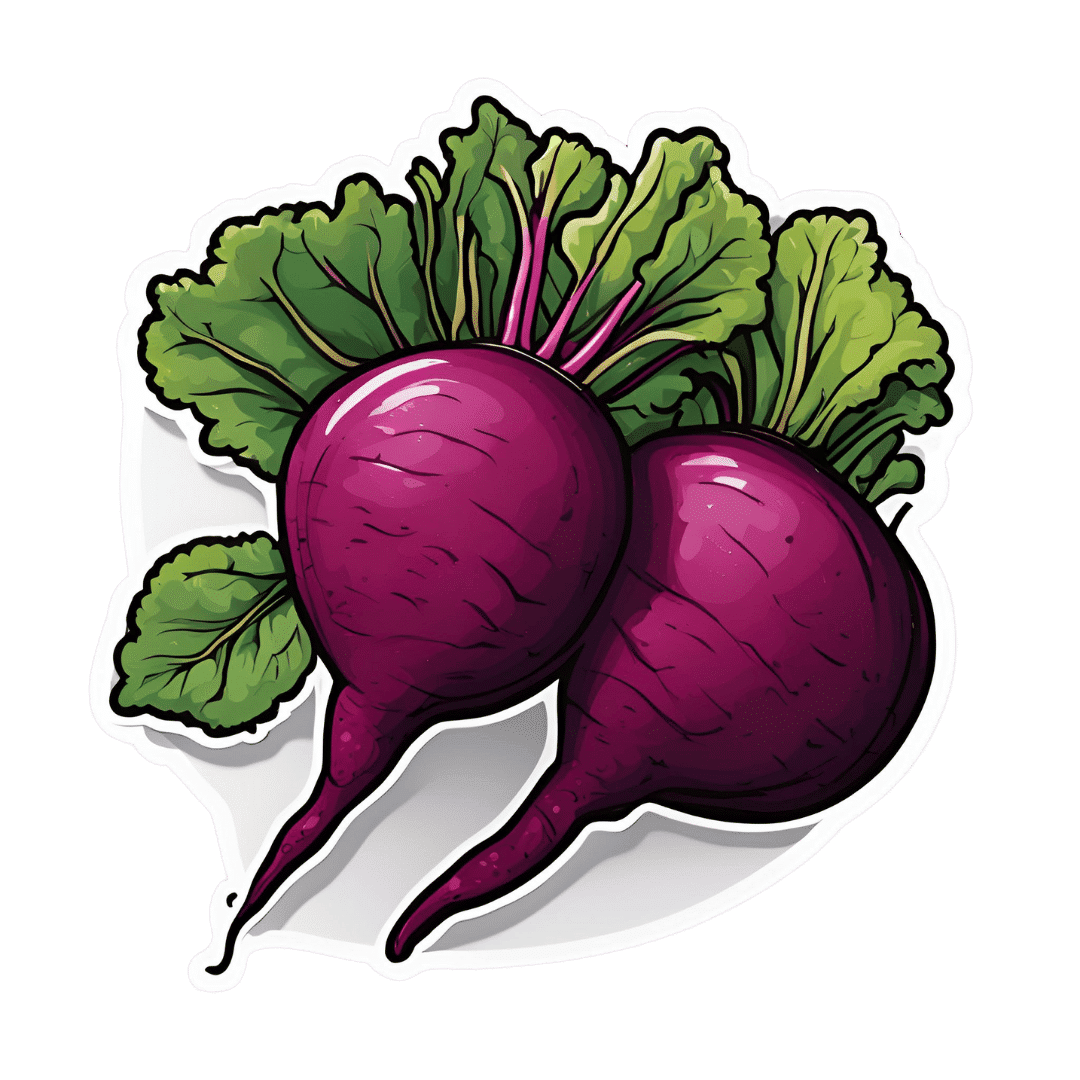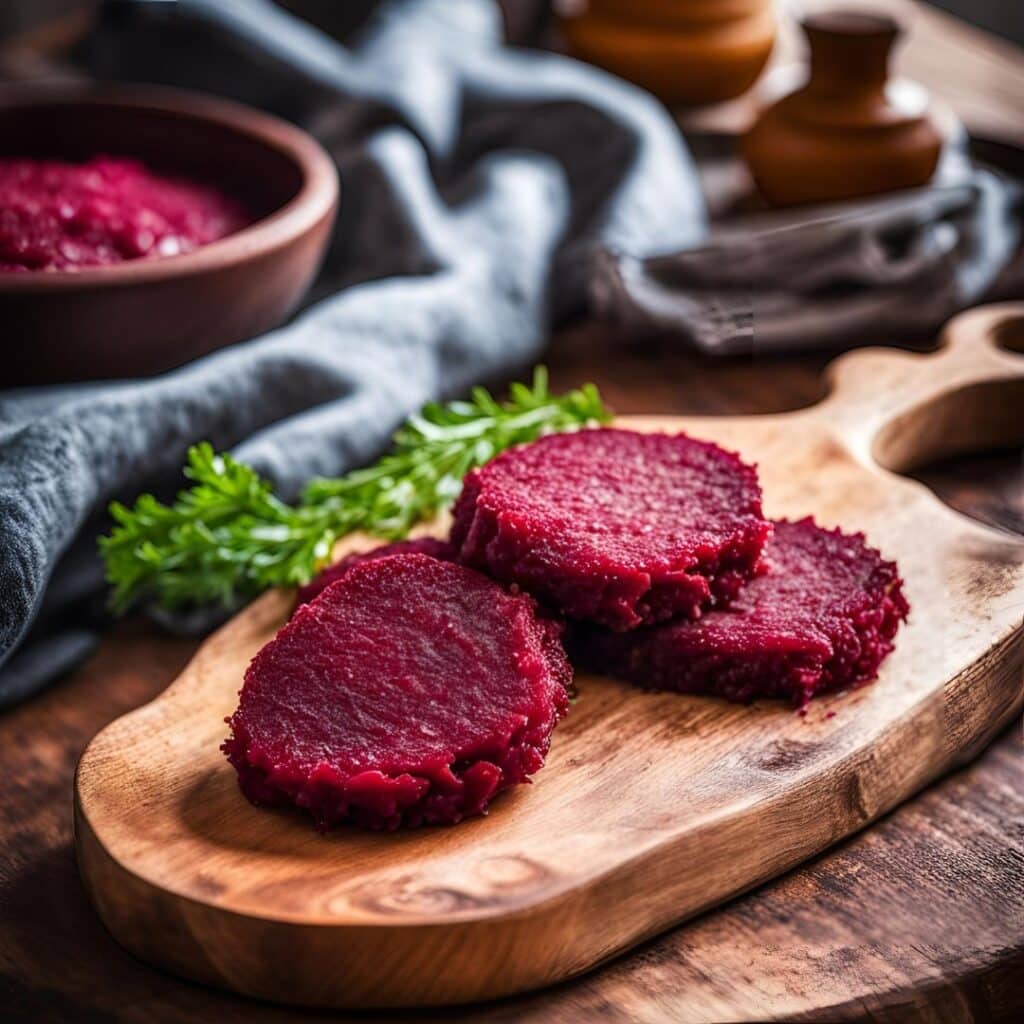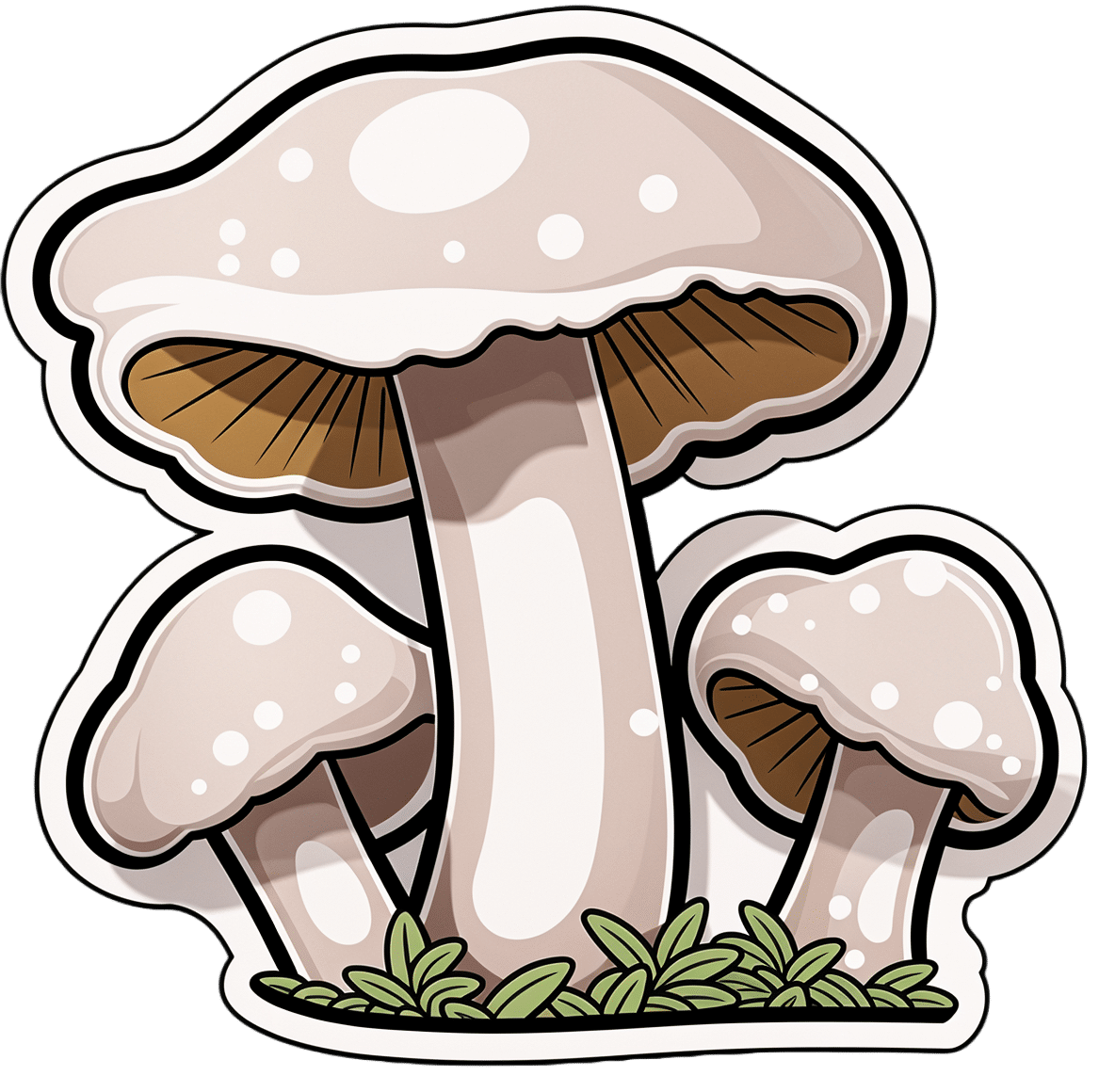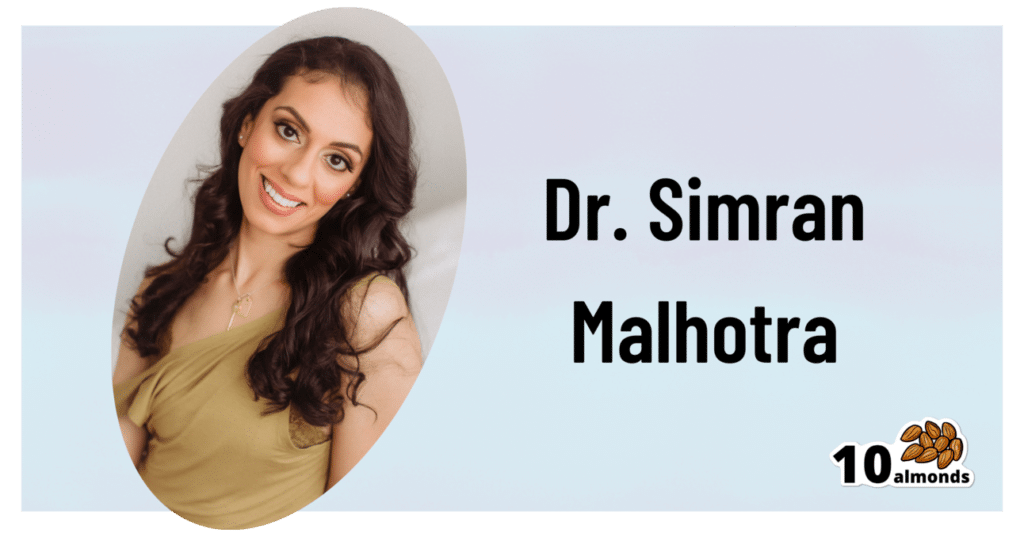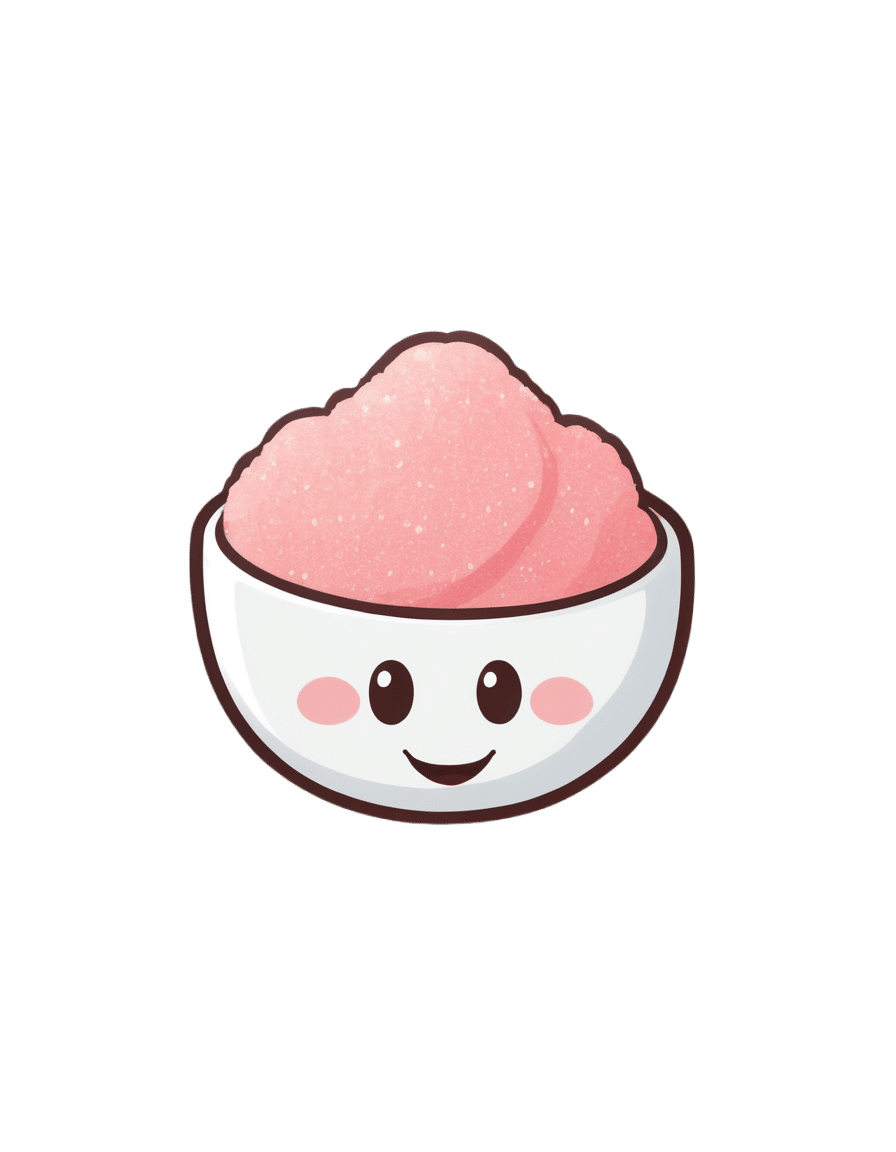
What is HRT? HRT and Hormones Explained
10almonds is reader-supported. We may, at no cost to you, receive a portion of sales if you purchase a product through a link in this article.
In this short video, Dr. Sophie Newton explains how menopausal HRT, sometimes called just MHT, is the use of exogenous (didn’t come from your body) to replace/supplement the endogenous hormones (made in your body) that aren’t being made in the quantities that would result in ideal health.
Bioidentical hormones are, as the name suggests, chemically identical to those made in the body; there is no difference, all the way down to the atomic structure.
People are understandably wary of “putting chemicals into the body”, but in fact, everything is a chemical and those chemicals are also found in your body, just not in the numbers that we might always like.
In the case of hormones, these chemical messengers are simply there to tell cells what to do, so having the correct amount of hormones ensures that all the cells that need to get a certain message, get it.
In the case of estrogen specifically, while it’s considered a sex hormone (and it is), it’s responsible for a lot more than just the reproductive system, which is why many people without correct estrogen levels (such as peri- or post-menopause, though incorrect levels can happen earlier in life for other reasons too) can severely feel their absence in a whole stack of ways.
What ways? More than we can list here, but some are discussed in the video:
Click Here If The Embedded Video Doesn’t Load Automatically!
Want to know more?
You might like our previous main features:
- What Does “Balance Your Hormones” Even Mean?
- What You Should Have Been Told About The Menopause Beforehand
- Menopausal HRT: Bioidentical vs Animal
Take care!
Don’t Forget…
Did you arrive here from our newsletter? Don’t forget to return to the email to continue learning!
Recommended
Learn to Age Gracefully
Join the 98k+ American women taking control of their health & aging with our 100% free (and fun!) daily emails:
-
Paris in spring, Bali in winter. How ‘bucket lists’ help cancer patients handle life and death
10almonds is reader-supported. We may, at no cost to you, receive a portion of sales if you purchase a product through a link in this article.
In the 2007 film The Bucket List Jack Nicholson and Morgan Freeman play two main characters who respond to their terminal cancer diagnoses by rejecting experimental treatment. Instead, they go on a range of energetic, overseas escapades.
Since then, the term “bucket list” – a list of experiences or achievements to complete before you “kick the bucket” or die – has become common.
You can read articles listing the seven cities you must visit before you die or the 100 Australian bucket-list travel experiences. https://www.youtube.com/embed/UvdTpywTmQg?wmode=transparent&start=0
But there is a more serious side to the idea behind bucket lists. One of the key forms of suffering at the end of life is regret for things left unsaid or undone. So bucket lists can serve as a form of insurance against this potential regret.
The bucket-list search for adventure, memories and meaning takes on a life of its own with a diagnosis of life-limiting illness.
In a study published this week, we spoke to 54 people living with cancer, and 28 of their friends and family. For many, a key bucket list item was travel.
Why is travel so important?
There are lots of reasons why travel plays such a central role in our ideas about a “life well-lived”. Travel is often linked to important life transitions: the youthful gap year, the journey to self-discovery in the 2010 film Eat Pray Love, or the popular figure of the “grey nomad”.
The significance of travel is not merely in the destination, nor even in the journey. For many people, planning the travel is just as important. A cancer diagnosis affects people’s sense of control over their future, throwing into question their ability to write their own life story or plan their travel dreams.
Mark, the recently retired husband of a woman with cancer, told us about their stalled travel plans:
We’re just in that part of our lives where we were going to jump in the caravan and do the big trip and all this sort of thing, and now [our plans are] on blocks in the shed.
For others, a cancer diagnosis brought an urgent need to “tick things off” their bucket list. Asha, a woman living with breast cancer, told us she’d always been driven to “get things done” but the cancer diagnosis made this worse:
So, I had to do all the travel, I had to empty my bucket list now, which has kind of driven my partner round the bend.
People’s travel dreams ranged from whale watching in Queensland to seeing polar bears in the Arctic, and from driving a caravan across the Nullarbor Plain to skiing in Switzerland.
Whale watching in Queensland was on one person’s bucket list. Uwe Bergwitz/Shutterstock Nadia, who was 38 years old when we spoke to her, said travelling with her family had made important memories and given her a sense of vitality, despite her health struggles. She told us how being diagnosed with cancer had given her the chance to live her life at a younger age, rather than waiting for retirement:
In the last three years, I think I’ve lived more than a lot of 80-year-olds.
But travel is expensive
Of course, travel is expensive. It’s not by chance Nicholson’s character in The Bucket List is a billionaire.
Some people we spoke to had emptied their savings, assuming they would no longer need to provide for aged care or retirement. Others had used insurance payouts or charity to make their bucket-list dreams come true.
But not everyone can do this. Jim, a 60-year-old whose wife had been diagnosed with cancer, told us:
We’ve actually bought a new car and [been] talking about getting a new caravan […] But I’ve got to work. It’d be nice if there was a little money tree out the back but never mind.
Not everyone’s bucket list items were expensive. Some chose to spend more time with loved ones, take up a new hobby or get a pet.
Our study showed making plans to tick items off a list can give people a sense of self-determination and hope for the future. It was a way of exerting control in the face of an illness that can leave people feeling powerless. Asha said:
This disease is not going to control me. I am not going to sit still and do nothing. I want to go travel.
Something we ‘ought’ to do?
Bucket lists are also a symptom of a broader culture that emphasises conspicuous consumption and productivity, even into the end of life.
Indeed, people told us travelling could be exhausting, expensive and stressful, especially when they’re also living with the symptoms and side effects of treatment. Nevertheless, they felt travel was something they “ought” to do.
Travel can be deeply meaningful, as our study found. But a life well-lived need not be extravagant or adventurous. Finding what is meaningful is a deeply personal journey.
Names of study participants mentioned in this article are pseudonyms.
Leah Williams Veazey, ARC DECRA Research Fellow, University of Sydney; Alex Broom, Professor of Sociology & Director, Sydney Centre for Healthy Societies, University of Sydney, and Katherine Kenny, ARC DECRA Senior Research Fellow, University of Sydney
This article is republished from The Conversation under a Creative Commons license. Read the original article.
Share This Post
-
How much weight do you actually need to lose? It might be a lot less than you think
10almonds is reader-supported. We may, at no cost to you, receive a portion of sales if you purchase a product through a link in this article.
If you’re one of the one in three Australians whose New Year’s resolution involved losing weight, it’s likely you’re now contemplating what weight-loss goal you should actually be working towards.
But type “setting a weight loss goal” into any online search engine and you’ll likely be left with more questions than answers.
Sure, the many weight-loss apps and calculators available will make setting this goal seem easy. They’ll typically use a body mass index (BMI) calculator to confirm a “healthy” weight and provide a goal weight based on this range.
Your screen will fill with trim-looking influencers touting diets that will help you drop ten kilos in a month, or ads for diets, pills and exercise regimens promising to help you effortlessly and rapidly lose weight.
Most sales pitches will suggest you need to lose substantial amounts of weight to be healthy – making weight loss seem an impossible task. But the research shows you don’t need to lose a lot of weight to achieve health benefits.
Using BMI to define our target weight is flawed
We’re a society fixated on numbers. So it’s no surprise we use measurements and equations to score our weight. The most popular is BMI, a measure of our body weight-to-height ratio.
BMI classifies bodies as underweight, normal (healthy) weight, overweight or obese and can be a useful tool for weight and health screening.
But it shouldn’t be used as the single measure of what it means to be a healthy weight when we set our weight-loss goals. This is because it:
- fails to consider two critical factors related to body weight and health – body fat percentage and distribution
- does not account for significant differences in body composition based on gender, ethnicity and age.
How does losing weight benefit our health?
Losing just 5–10% of our body weight – between 6 and 12kg for someone weighing 120kg – can significantly improve our health in four key ways.
1. Reducing cholesterol
Obesity increases the chances of having too much low-density lipoprotein (LDL) cholesterol – also known as bad cholesterol – because carrying excess weight changes how our bodies produce and manage lipoproteins and triglycerides, another fat molecule we use for energy.
Having too much bad cholesterol and high triglyceride levels is not good, narrowing our arteries and limiting blood flow, which increases the risk of heart disease, heart attack and stroke.
But research shows improvements in total cholesterol, LDL cholesterol and triglyceride levels are evident with just 5% weight loss.
2. Lowering blood pressure
Our blood pressure is considered high if it reads more than 140/90 on at least two occasions.
Excess weight is linked to high blood pressure in several ways, including changing how our sympathetic nervous system, blood vessels and hormones regulate our blood pressure.
Essentially, high blood pressure makes our heart and blood vessels work harder and less efficiently, damaging our arteries over time and increasing our risk of heart disease, heart attack and stroke.
Losing weight can lower your blood pressure.
Prostock-studio/ShutterstockLike the improvements in cholesterol, a 5% weight loss improves both systolic blood pressure (the first number in the reading) and diastolic blood pressure (the second number).
A meta-analysis of 25 trials on the influence of weight reduction on blood pressure also found every kilo of weight loss improved blood pressure by one point.
3. Reducing risk for type 2 diabetes
Excess body weight is the primary manageable risk factor for type 2 diabetes, particularly for people carrying a lot of visceral fat around the abdomen (belly fat).
Carrying this excess weight can cause fat cells to release pro-inflammatory chemicals that disrupt how our bodies regulate and use the insulin produced by our pancreas, leading to high blood sugar levels.
Type 2 diabetes can lead to serious medical conditions if it’s not carefully managed, including damaging our heart, blood vessels, major organs, eyes and nervous system.
Research shows just 7% weight loss reduces risk of developing type 2 diabetes by 58%.
4. Reducing joint pain and the risk of osteoarthritis
Carrying excess weight can cause our joints to become inflamed and damaged, making us more prone to osteoarthritis.
Observational studies show being overweight doubles a person’s risk of developing osteoarthritis, while obesity increases the risk fourfold.
Small amounts of weight loss alleviate this stress on our joints. In one study each kilogram of weight loss resulted in a fourfold decrease in the load exerted on the knee in each step taken during daily activities.
Losing weight eases stress on joints.
Shutterstock/Rostislav_SedlacekFocus on long-term habits
If you’ve ever tried to lose weight but found the kilos return almost as quickly as they left, you’re not alone.
An analysis of 29 long-term weight-loss studies found participants regained more than half of the weight lost within two years. Within five years, they regained more than 80%.
When we lose weight, we take our body out of its comfort zone and trigger its survival response. It then counteracts weight loss, triggering several physiological responses to defend our body weight and “survive” starvation.
Just as the problem is evolutionary, the solution is evolutionary too. Successfully losing weight long-term comes down to:
losing weight in small manageable chunks you can sustain, specifically periods of weight loss, followed by periods of weight maintenance, and so on, until you achieve your goal weight
making gradual changes to your lifestyle to ensure you form habits that last a lifetime.
Setting a goal to reach a healthy weight can feel daunting. But it doesn’t have to be a pre-defined weight according to a “healthy” BMI range. Losing 5–10% of our body weight will result in immediate health benefits.
At the Boden Group, Charles Perkins Centre, we are studying the science of obesity and running clinical trials for weight loss. You can register here to express your interest.
Nick Fuller, Charles Perkins Centre Research Program Leader, University of Sydney
This article is republished from The Conversation under a Creative Commons license. Read the original article.
Share This Post
-
Blood-Sugar Balancing Beetroot Cutlets
10almonds is reader-supported. We may, at no cost to you, receive a portion of sales if you purchase a product through a link in this article.
These beetroot cutlets are meaty and proteinous and fibrous and even have a healthy collection of fats, making these much better for your heart and blood than an animal-based equivalent.
You will need
- 1 can kidney beans, drained and rinsed (or 1 cup same, cooked, drained, and rinsed)
- ½ cup chopped roasted or steamed beetroot, blotted dry
- ½ cup chopped walnuts (if allergic, substitute with ¼ cup pumpkin seeds)
- ½ cup cooked (ideally: mixed) grains of your choice (if you need gluten-free, there are plenty of gluten-free grains and pseudocereals)
- ¼ cup finely chopped onion
- ¼ bulb garlic, minced or crushed
- 2 tbsp nutritional yeast
- 2 tbsp ground flaxseeds
- 2 tbsp ground chia seeds
- 2 tsp tomato purée
- 1 tsp black pepper
- ½ tsp white miso paste
- ½ tsp smoked paprika
- ½ tsp cayenne pepper
- ¼ tsp MSG or ½ tsp low-sodium salt
Method
(we suggest you read everything at least once before doing anything)
1) Combine the beetroot, beans, walnuts, grains, and onion in a food processor, and process until a coarse even mixture.
2) Add the remaining ingredients and process to mix thoroughly.
3) Transfer the mixture to a clean work surface and divide into six balls. If the structural integrity is not good (i.e. too soft), add a little more of any or all of these ingredients: chopped walnuts, ground flax, ground chia, nutritional yeast.
4) Press the balls firmly into cutlets, and refrigerate for at least 1 hour, but longer is even better if you have the time. Alternatively, if you’d like to freeze them for later use, then this is the point at which to do that.
5) Preheat the oven to 375℉ / 190℃.
6) Roast the cutlets on a baking tray lined with baking paper, for about 30 minutes, turning over carefully with a spatula halfway through. They should be firm when done; if they’re not, give them a little longer.
7) Serve hot, for example on a bed of greens and with a drizzle of aged balsamic vinegar.
Enjoy!
Want to learn more?
For those interested in some of the science of what we have going on today:
- Beetroot’s Many Benefits
- Our Top 5 Spices: How Much Is Enough For Benefits?
- What Omega-3 Fatty Acids Really Do For Us
- Three Daily Servings of Beans?
- If You’re Not Taking Chia, You’re Missing Out
Take care!
Share This Post
Related Posts
-
“The Longevity Vitamin” (That’s Not A Vitamin)
10almonds is reader-supported. We may, at no cost to you, receive a portion of sales if you purchase a product through a link in this article.
The Magic of Mushrooms
“The Longevity Vitamin that’s not a vitamin” is a great tagline for what’s actually an antioxidant amino acid nutraceutical, but in this case, we’re not the ones spearheading its PR, but rather, the Journal of Nutritional Science:
Is ergothioneine a “longevity vitamin” limited in the American diet?
It can be found in all foods, to some extent, but usually in much tinier amounts than would be useful. The reason for this is that it’s synthesized by a variety of microbes (mostly fungi and actinobacteria), and enters the food chain via vegetables that are grown in soil that contain such (which is basically all soil, unless you were to go out of your way to sterilize it, or something really unusually happened).
About those fungi? That includes common popular edible fungi, where it is found quite generously. An 85g (3oz) portion of (most) mushrooms contains about 5mg of ergothioneine, the consumption of which is associated with a 16% reduced all-cause mortality:
However… Most Americans don’t eat that many mushrooms, and those polled averaged 1.1mg/day ergothioneine (in contrast with, for example, Italians’ 4.6mg/day average).
Antioxidant properties
While its antioxidant properties aren’t the most exciting quality, they are worth a mention, on account of their potency:
The biology of ergothioneine, an antioxidant nutraceutical
This is also part of its potential bid to get classified as a vitamin, because…
❝Decreased blood and/or plasma levels of ergothioneine have been observed in some diseases, suggesting that a deficiency could be relevant to the disease onset or progression❞
Source: Ergothioneine: a diet-derived antioxidant with therapeutic potential
Healthy aging
Building on from the above, ergothioneine has been specifically identified as being associated with healthy aging and the prevention of cardiometabolic diseases:
❝An increasing body of evidence suggests ergothioneine may be an important dietary nutrient for the prevention of a variety of inflammatory and cardiometabolic diseases and ergothioneine has alternately been suggested as a vitamin, “longevity vitamin”, and nutraceutical❞
~ Dr. Bernadette Moore et al., citing more references every few words there
Source: Ergothioneine: an underrecognised dietary micronutrient required for healthy ageing?
Good for the heart = good for the brain
As a general rule of thumb, “what’s good for the heart is good for the brain” is almost always true, and it appears to be so in this case, too:
❝Ergothioneine crosses the blood–brain barrier and has been reported to have beneficial effects in the brain. In this study, we discuss the cytoprotective and neuroprotective properties of ergotheioneine, which may be harnessed for combating neurodegeneration and decline during aging.❞
Source: Ergothioneine: A Stress Vitamin with Antiaging, Vascular, and Neuroprotective Roles?
Want to get some?
You can just eat a portion of mushrooms per day! But if you don’t fancy that, it is available as a supplement in convenient 1/day capsule form too.
We don’t sell it, but for your convenience, here is an example product on Amazon
Enjoy!
Don’t Forget…
Did you arrive here from our newsletter? Don’t forget to return to the email to continue learning!
Learn to Age Gracefully
Join the 98k+ American women taking control of their health & aging with our 100% free (and fun!) daily emails:
-
What You Don’t Know Can Kill You
10almonds is reader-supported. We may, at no cost to you, receive a portion of sales if you purchase a product through a link in this article.
Knowledge Is Power!
This is Dr. Simran Malhotra. She’s triple board-certified (in lifestyle medicine, internal medicine, and palliative care), and is also a health and wellness coach.
What does she want us to know?
Three things:
Wellness starts with your mindset
Dr. Malhotra shifted her priorities a lot during the initial and perhaps most chaotic phase of the COVID pandemic:
❝My husband, a critical care physician, was consumed in the trenches of caring for COVID patients in the ICU. I found myself knee-deep in virtual meetings with families whose loved ones were dying of severe COVID-related illnesses. Between the two of us, we saw more trauma, suffering, and death, than we could have imagined.
The COVID-19 pandemic opened my eyes to how quickly life can change our plans and reinforced the importance of being mindful of each day. Harnessing the power to make informed decisions is important, but perhaps even more important is focusing on what is in our control and taking action, even if it is the tiniest step in the direction we want to go!❞
~ Dr. Simran Malhotra
We can only make informed decisions if we have good information. That’s one of the reasons we try to share as much information as we can each day at 10almonds! But a lot will always depend on personalized information.
There are one-off (and sometimes potentially life-saving) things like health genomics:
The Real Benefit Of Genetic Testing
…but also smaller things that are informative on an ongoing basis, such as keeping track of your weight, your blood pressure, your hormones, and other metrics. You can even get fancy:
Track Your Blood Sugars For Better Personalized Health
Lifestyle is medicine
It’s often said that “food is medicine”. But also, movement is medicine. Sleep is medicine. In short, your lifestyle is the most powerful medicine that has ever existed.
Lifestyle encompasses very many things, but fortunately, there’s an “80:20 rule” in play that simplifies it a lot because if you take care of the top few things, the rest will tend to look after themselves:
These Top Few Things Make The Biggest Difference To Overall Health
Gratitude is better than fear
If we receive an unfavorable diagnosis (and let’s face it, most diagnoses are unfavorable), it might not seem like something to be grateful for.
But it is, insofar as it allows us to then take action! The information itself is what gives us our best chance of staying safe. And if that’s not possible e.g. in the worst case scenario, a terminal diagnosis, (bearing in mind that one of Dr. Malhotra’s three board certifications is in palliative care, so she sees this a lot), it at least gives us the information that allows us to make the best use of whatever remains to us.
See also: Managing Your Mortality
Which is very important!
…and/but possibly not the cheeriest note on which to end, so when you’ve read that, let’s finish today’s main feature on a happier kind of gratitude:
How To Get Your Brain On A More Positive Track (Without Toxic Positivity)
Want to hear more from Dr. Malhotra?
Showing how serious she is about how our genes do not determine our destiny and knowledge is power, here she talks about her “previvor’s journey”, as she puts it, with regard to why she decided to have preventative cancer surgery in light of discovering her BRCA1 genetic mutation:
Click Here If The Embedded Video Doesn’t Load Automatically
Take care!
Don’t Forget…
Did you arrive here from our newsletter? Don’t forget to return to the email to continue learning!
Learn to Age Gracefully
Join the 98k+ American women taking control of their health & aging with our 100% free (and fun!) daily emails:
-
Pink Himalayan Salt: Health Facts
10almonds is reader-supported. We may, at no cost to you, receive a portion of sales if you purchase a product through a link in this article.
It’s Q&A Day at 10almonds!
Q: Great article about the health risks of salt to organs other than the heart! Is pink Himalayan sea salt, the pink kind, healthier?
Thank you! And, no, sorry. Any salt that is sodium chloride has the exact same effect because it’s chemically the same substance, even if impurities (however pretty) make it look different.
If you want a lower-sodium salt, we recommend the kind that says “low sodium” or “reduced sodium” or similar. Check the ingredients, it’ll probably be sodium chloride cut with potassium chloride. Potassium chloride is not only not a source of sodium, but also, it’s a source of potassium, which (unlike sodium) most of us could stand to get a little more of.
For your convenience: here’s an example on Amazon!
Bonus: you can get a reduced sodium version of pink Himalayan salt too!
Don’t Forget…
Did you arrive here from our newsletter? Don’t forget to return to the email to continue learning!
Learn to Age Gracefully
Join the 98k+ American women taking control of their health & aging with our 100% free (and fun!) daily emails:

